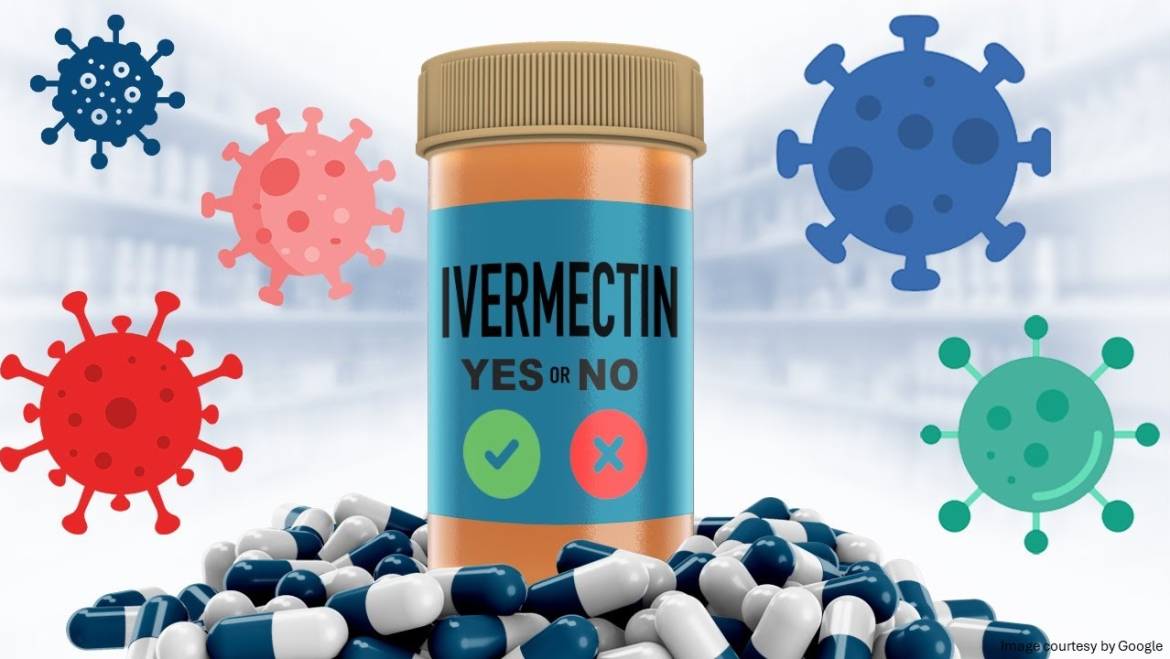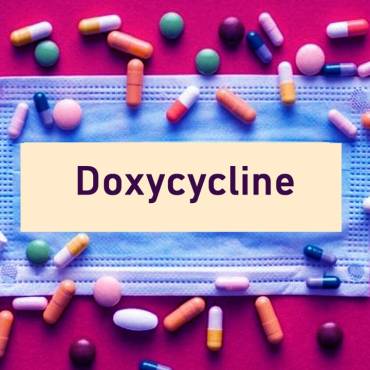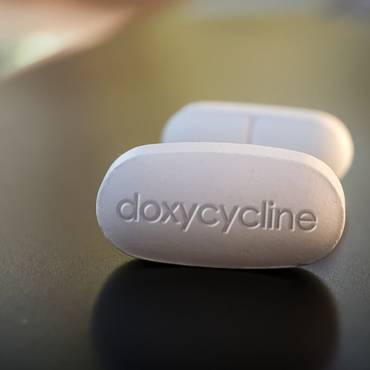Ivermectin induces numerous potential effects to treat various disorders with its antimicrobial and antiviral properties. It is extremely effective against many microorganisms, including some viruses.
Introduction
Ivermectin, also sold as Ivermectol 12 mg has been used for several years to treat various infectious diseases in mammals. It has a good safety profile with minimum side effects when orally prescribed. Ivermectin is an antiparasitic medication with a broad spectrum of activity, high effectiveness as well and a wide margin of safety. Antiparasitic drugs are a group of medications used to treat infections by parasites. The US FDA approves the medicine, and it is widely utilized to treat patients with onchocerciasis (eye and skin disease) and strongyloidiasis (a parasitic worm infection).
This medicine for parasites is also effective in treating parasites in the tissue or blood caused by Wuchereria bancrofti. It is also used to treat human scabies after prior treatment has failed.
-
- Strongyloidiasis
This is an infection caused by the roundworm Strongyloides stercoralis. This tiny worm is barely visible to the naked eye. Exposure happens when the skin comes in direct contact with contaminated soil. Young roundworms tend to penetrate the skin. They migrate through the bloodstream to the lungs and up the large airways. The worms are then swallowed, and the young mature and burying themselves into the intestinal wall. Adult roundworms start releasing eggs in the intestines.
-
- Wuchereria bancrofti
This is a parasite transmitted by the mosquito. It travels through the bloodstream and settles in the lymph and tissue of the patient; this can contribute to fever and severe inflammation around the area the parasite has migrated to.
-
- Human scabies
Scabies is an infectious skin disorder caused by a mite barely visible to the naked eye. This mite burrows into the skin and gives rise to a rash-like reaction, which can be itchy and uncomfortable for the patient. Human scabies are almost always transmitted from another individual by close contact.
Ivermectin is an antiparasitic medication that is rapidly absorbed by the system when taken orally on an empty stomach, metabolized in the liver, and excreted in the feces and urine. Also, minimal concentration of this medication has been observed in human milk.
How to take Ivermectin?
Take antiparasitic tablets only when prescribed by your health care provider. The dosing should be according to the patient’s weight, which may vary from one patient to another and depending on the condition being treated.
Strongyloidiasis – The recommended dose is one single oral dose of 200 micrograms per kilogram
Wucheria Bancrofti – For patients in endemic areas receiving therapy only once every twelve months, the prescribed dose of Ivermectin is 300 to 400 micrograms per kilogram. For best results, follow the instructions carefully.
Ivermectin is available as a tablet. Swallow them with a glass of water on an empty stomach. No food should be taken two hours before or two hours after administration. In pediatric patients under six, tablets should be crushed before swallowing. If you are unsure how to take this medicine, speak to your healthcare provider.
Mode of action
Ivermectin belongs to a class of medications known as anthelmintic; these medications adhere to the muscle cells and nerves of the parasites, resulting in their death. Ivermectin results in more people cure than an albendazole tablet and is at least as well tolerated. You can buy albendazole online at the best price.
Contraindications
Do not take Ivermectin tablets if you are allergic to it or any of its ingredients in the medication. You can try albendazole if you are not hypersensitive to it. Get the best albendazole price online.
Side effects
You must inform your healthcare provider as soon as possible if you do not feel well while taking Ivermectin. It may have unwanted effects on a few people. In most cases, the adverse effects of the medication are mild and transient, but they may be higher in patients with several parasites, particularly in case of an infection with Loa Loa. In patients heavily infected with loa loa, serious brain diseases have been reported rarely or very frequently following treatment with Ivermectin. A significant reduction in alertness, including coma, has also been reported using Ivermectin. Inform your healthcare provider if you notice abdominal pain, loss of appetite, diarrhea, constipation, headache, dizziness, sweating, vertigo when standing, nausea or vomiting, low blood pressure, dizziness, tremor, cough, redness of the eyes, seizures, worsening of bronchial asthma, chills or fever, testicular pain, and cough.
When can using Ivermectin be unsafe?
Ivermectin has not yet received approval from the US FDA for treating and preventing COVID-19 in people. The medicine is not safe or effective for these indications. There is a lot of misinformation around; some say taking large doses of Ivermectin is fine. It is not fine. Even Ivermectin dosage for approved human uses can interact with other medications, like blood thinners. Overdosing can cause nausea, diarrhea, vomiting, low blood pressure, allergic reactions (hives and itching), ataxia (problems with balance), dizziness, coma, seizures, and even death.
Conclusion
Ivermectin is used for many health disorders. It is an antiparasitic drug used to treat filariasis, strongyloidiasis, onchocerciasis, and scabies. Ivermectin doesn’t get the approval to treat or prevent COVID-19 in people. While buying it online, you can get the best Ivermectol 12 mg price.
Always consult a healthcare provider before using Ivermectin.
admin
Latest posts by admin (see all)
- What is Triluma Cream? Uses, Benefits, and How It Works for Skin - December 26, 2024
- What Causes Dark Spots? Understanding the Science of Hyperpigmentation and How Skin Lightening Products Help - December 26, 2024
- Tretinoin Gel vs. Cream: Which Formulation is Right for Your Skin? - December 20, 2024



